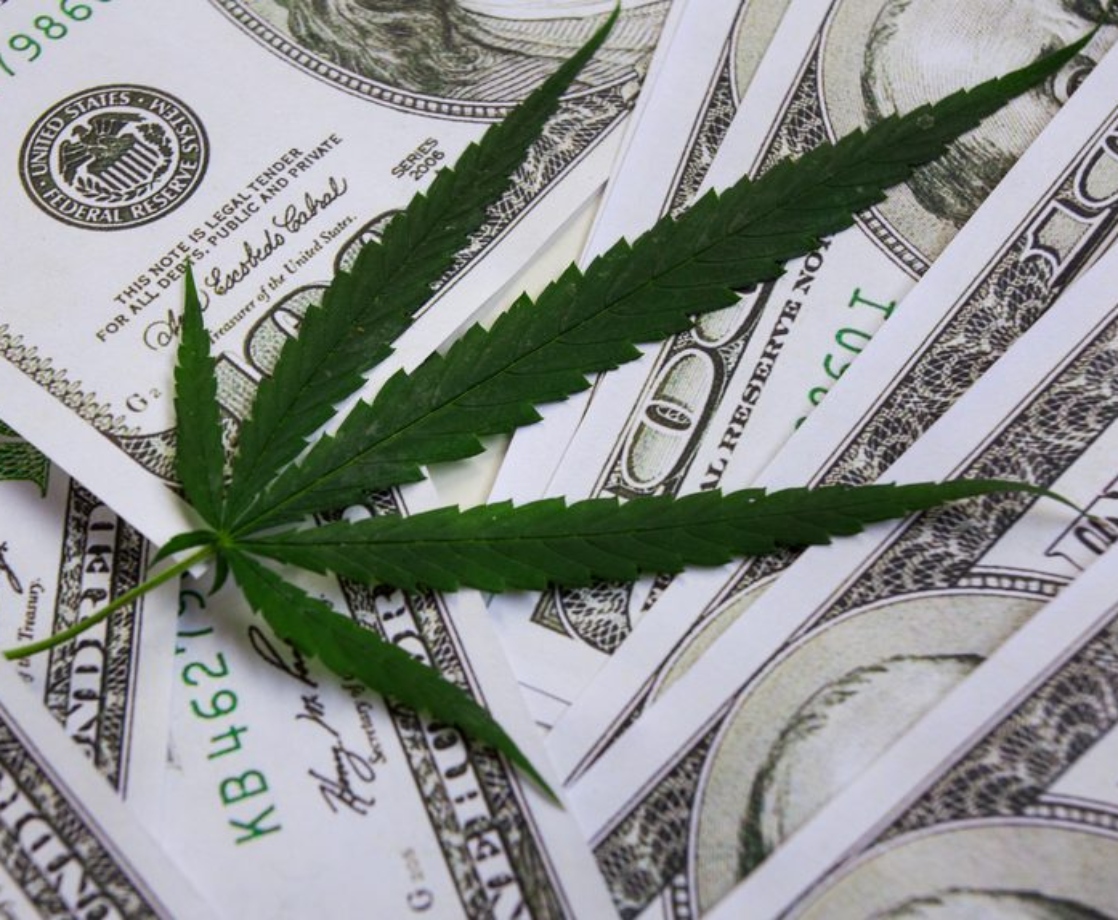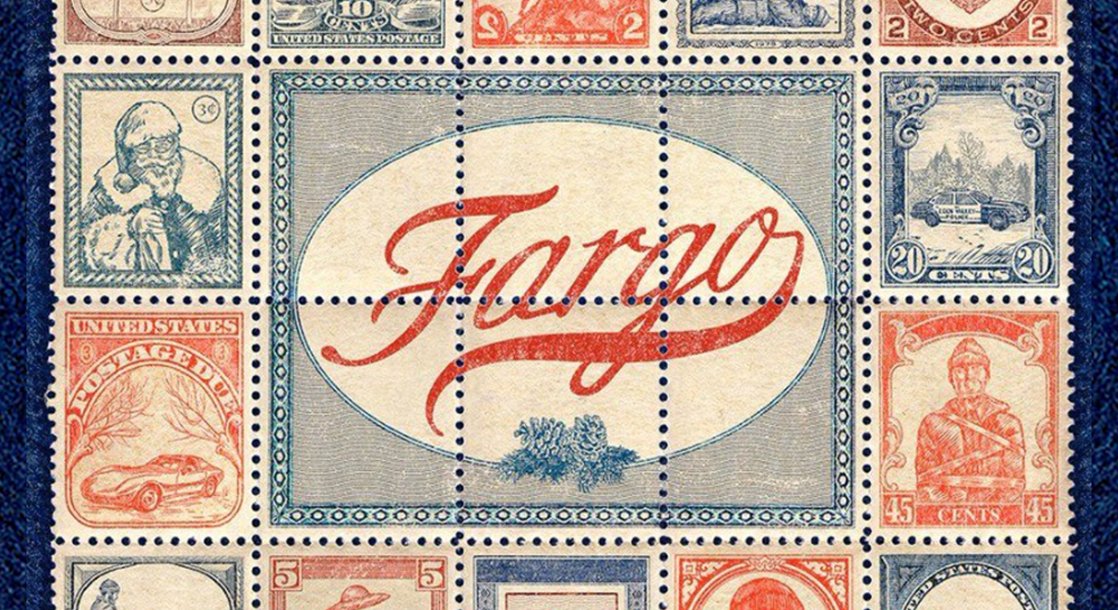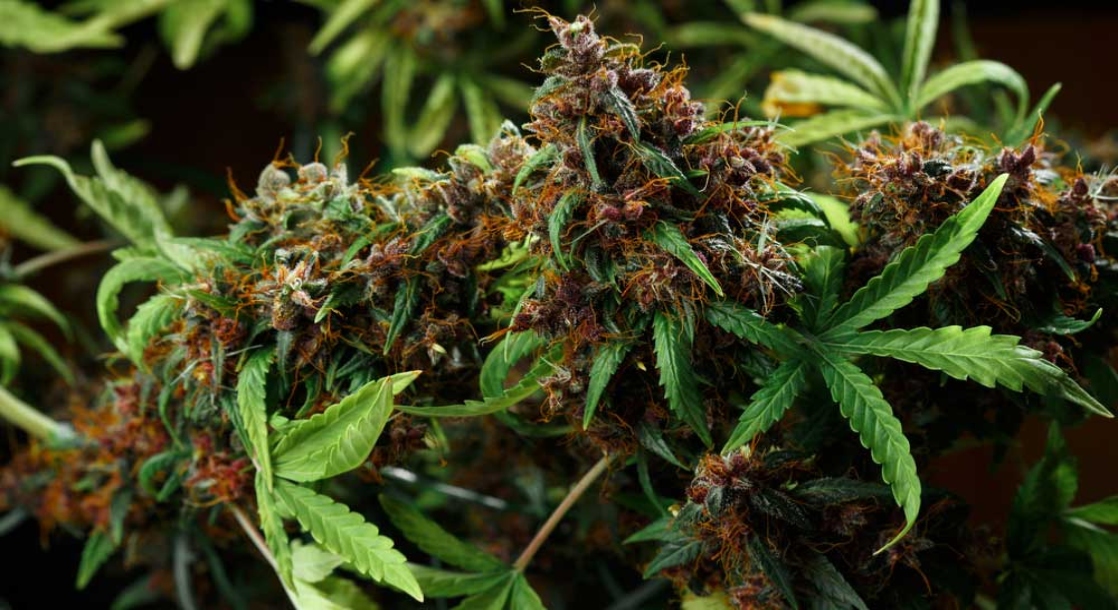After nearly 80 years of prohibition, hemp farmers and CBD producers will finally be able to put their hard-earned profits in the bank.
Under current federal law, any financial institution that handles money related to federally-prohibited drugs can be charged with money laundering. This restriction prevents cannabis-related businesses from opening bank accounts, accepting credit card payments, or investing in the stock market. State-legal hemp businesses have found themselves tied by the same restrictions, but the 2018 Farm Bill fully legalized hemp and all of its byproducts.
“As of December 20, 2018, hemp is no longer a controlled substance at the federal level,” wrote the National Credit Union Administration (NCUA), a government agency that regulates and supervises federal credit unions, in a new interim guidance. In this guidance, the NCUA officially gives credit unions the green light to provide banking services to hemp businesses.
“Lawful hemp businesses provide exciting new opportunities for rural communities,” said NCUA Chairman Rodney Hood in a statement. “I believe today’s interim guidance keeps with the mission of the nation’s cooperative credit system to serve people who have been overlooked and underserved.”
The guidance allows credit unions to provide “the customary range of financial services for business accounts, including loans, to hemp businesses within their fields of membership.” These guidelines are only temporary, however, and will be revised once the US Department of Agriculture releases its final regulations and guidelines concerning the legal production of hemp.
Gallery — Hemp Seed Oil and CBD Beauty Products
The NCUA warns that banks still run the risk of running afoul of federal or state law, even under these new rules. Credit unions are encouraged to “thoughtfully consider whether they are able to safely and properly serve lawfully operating hemp-related businesses within their fields of membership.”
Any credit union willing to jump into the hemp industry will be required to implement a Bank Secrecy Act (BSA) and Anti-Money Laundering (AML) compliance program, which requires them to keep extra paperwork on hemp-related accounts. Credit union officials are directed to “remain alert to any indication an account owner is involved in illicit activity or engaging in activity that is unusual for the business.”
Credit union staff are also directed to pay attention to local hemp laws, which differ from state to state – especially in the seven US states that continue to prohibit this harmless plant. Banks will be required to brush up on all federal, state, and local laws to ensure that every business and product they serve is fully compliant with all laws, restrictions, and regulations.
“Many credit unions have a long and successful history of providing services to the agriculture sector,” Hood concluded. “My expectation is that credit unions will thoughtfully consider whether they are able to safely and properly serve lawfully operating hemp-related businesses within their fields of membership.”











